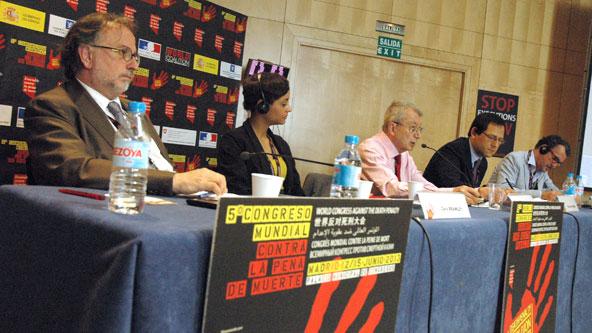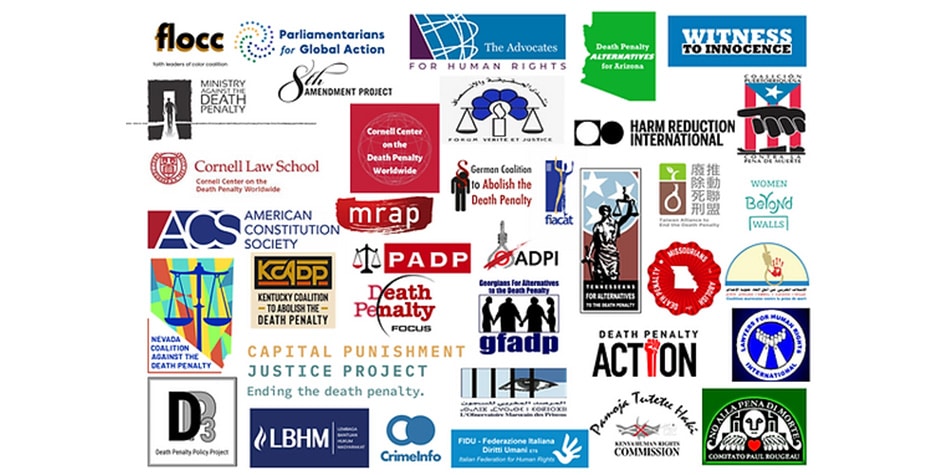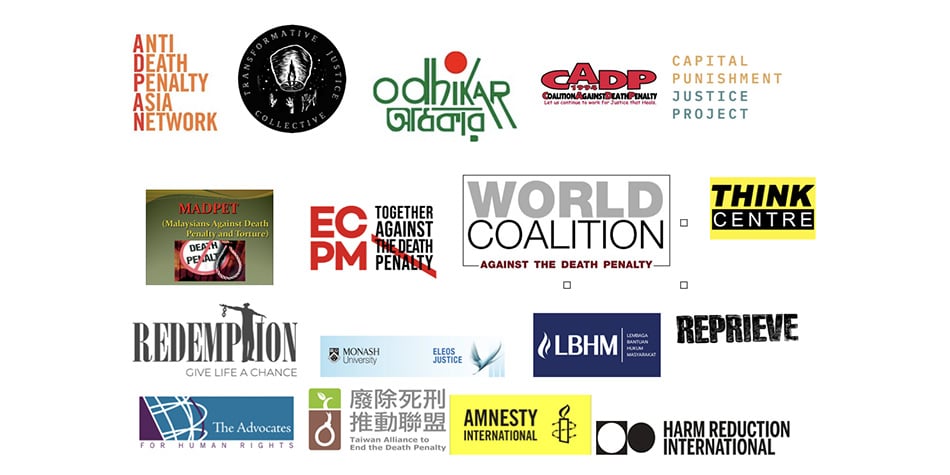
Two perspectives on assistance to foreign nationals facing the death penalty
International standards
A European NGO and a Latin American state may appear to be worlds apart, yet the British-based World Coalition member organisation Reprieve and the Mexican authorities have a common goal: save the lives of those prosecuted away from their home countries, especially in the US.
Zara Brawley detailed the process followed by Reprieve when a European national is prosecuted for a capital crime in a retentionist country:
• “We look for family ties abroad.”
• “We conduct mitigation investigations (e.g. history of mental illness…), look for medical experts who can draft reports, etc.”
• “Legal strategies include legal submissions, for example the Inter-American Court of Human Rights.”
• “We occasionally conduct litigation in Europe – for example we did to impose a ban on lethal injection drugs exports.”
• “We encourage diplomatic intervention from European governments whose nationals are involved, which can tilt the balance, even before they are charged. The decision to seek the death penalty can be political, and when the prosecution realises that it will be more trouble than it’s worth, they may drop it.”
• Reprieve also pushes the country of origin of the accused to provide consular assistance. “The holy grail for us with consular outreach is to obtain financial assistance for the prisoner. The capital punishment is about capital: if you can pay for a good lawyer, you’re far less likely to be sentenced to death.”
• In those cases where it is deemed to offer a positive impact, Reprieve may also attract media attention to the prisoner.
Reprieve was involved in a number of cases, such as that of Anthony Farina, who was sentenced to death in the US for a robbery in which his brother shot someone dead. “We found he had Italian nationality through his grandparents, which he was not aware of,” Brawley said. The organisation is now looking for support to defend the argument that Farina did not pull the trigger and should therefore not be sentenced to death.
Mexico has largest number of nationals on foreign death rows
Victor Uribe, a lawyer at the Mexican embassy in the US, explained that his country has the largest number of nationals on foreign death rows; 143 of them are in the US.
Although the Vienna Convention on consular relations states that a foreign national must be informed of his right to contact his country’s consular officials immediately after arrest, the Mexican authorities found that this had been the case for only 8 of its nationals on death row in the US. “In 2003, we filed an international lawsuit against the US for violating the Vienna Convention in the cases of 54 Mexican nationals,” Uribe said.
Since 2000, Mexico has organised a formal programme to detect and assist Mexicans facing the death penalty abroad. “According to our experience, when the Mexican government steps in at the right time, which is during preliminary investigations, fewer than 1% of Mexicans involved receive a death sentence,” Uribe said. He added the number of Mexicans sentenced to death had been divided by five since the programme started.
Consular officials ensure those prosecuted have access to services as basic as interpretation of proceedings into their language. “I talked to the interpreter in a case I was following: he could not speak Spanish,” Uribe said. “We requested a qualified interpreter.”
In addition to individual assistance, the programme includes research on topics associated with criminal prosecution, such as discrimination. “We have found that many Mexican convicts are poor, mentally ill or are drug addicts,” Uribe said.
The Mexican administration also conducts investigations on Mexican soil to track down the families of those facing the death penalty in the US and help them obtain visas and funding to visit them in prison, he added.







